|
Ever heard of the Atkins Diet? In 1972 Dr. Robert Atkins wrote a book about an amazing new way to loose weight. It went against all the conventional thinking and proposed that one could eat as much protein and fat as they wanted--without counting any calories--and you could loose weight. The catch? You needed to avoid foods high in carbohydrates. So, your morning eggs, bacon and toast would now be your morning eggs, bacon and bacon. And eggs. And Bacon. : ) Here's the thing (a little background), I'm from a family of Atkins Diet enthusiasts! Not only that, but my family has had an enormous amount of success loosing weight with the Atkins diet. So, for as long as I can remember white potatoes (which are high in carbs) have been the enemy! Eating potatoes equalled bad in my mind. A few years ago when I started eating Paleo, I saw that potatoes weren't "paleo approved". That was basically ok with me because I (as mentioned) am a child of Atkins followers, and thought potato=bad! Then, I came across something regarding a program called Whole 30, and how it's allowing potatoes on it's approved food list. What is Whole 30? Well, it's Paleo, but even more clean! It's meant as a 30 day re-charge in your health (read all about it HERE). Without getting into all the details of what Paleo and Whole 30 are, I was honestly like, "What? Really?" when I read that Whole 30 approved potatoes! Then, when we were visiting family at Easter, someone who I know is healthy, and understands healthy foods said to someone during a conversation about healthy foods, "well, potatoes aren't healthy", and I wanted to say something, but realized, besides knowing Whole 30 had approved potatoes, I didn't really know why. What makes them good for you? What benefits could come from eating potatoes? My home-schooler researching nerd personality comes out now and starts digging (which is ironic because potatoes come from the ground...yes? See? Digging? Let's move on...)! Oh, here's another thing that made me really want to dig a little deeper into potatoes....we were really trying to cut back on the cost of our groceries, and, geez, a 20lb bag of russet potatoes was on sale for $1.97!!! For a family that eats mainly gluten-free, that is like a gift from heaven!!! My kids will happily eat a potato in some form every night, but I needed to know I wasn't just filling them up on starchy nothing-ness! So, here's my findings on potatoes! **P.S. I'm not talking sweet potatoes or yams here, just all other kids (whites, russets, red skinned, yellow fleshed, etc., etc.)** What is a potato? The potato belongs to the nightshade family whose other members include tomatoes, eggplants, peppers, and tomatillos (for a full nightshade list, read here). They are the swollen portion of the underground stem which is called a tuber and is designed to provide food for the green leafy portion of the plant. If allowed to flower and fruit, the potato plant will bear an inedible fruit resembling a tomato. What's Wrong With Potatoes? The main concerns with potatoes are: they are high in carbohydrates (appoximately 40g per 1 Cup baked), and also high on the Glycemic Index (85 out of 100, or "high"). Let's look at carbs and the GI, shall we?..... Marc Perry from Built Lean explains carbohydrates very well (emphasis mine): "Carbohydrates are just sugar molecules, all of which are broken down by the body into glucose. Glucose is a single sugar molecule that is used as fuel by the cells in your body from your brain to your muscles. There are 3 types of carbohydrates that are defined by the number of sugar molecules they contain: 1) Monosaccharide – one sugar molecule. Examples include glucose, galactose (in milk), and fructose (in fruit) 2) Disaccharide – two sugar molecules. Examples include sucrose (table sugar), lactose (in milk), and maltose (in beer). 3) Polysaccharide – several sugar molecules. Examples include starchy foods like corn, potatoes and rice. When a carbohydrate is “simple” it refers to mono & disaccharides that are easily absorbed into the bloodstream because of their simple molecular structure. Think milk, fruit, and table sugar. “Complex” carbs on the other hand are polysaccharides and because of their more complex molecular structure can take longer for the body to break down into sugar. Think grains, vegetables, and potatoes. So, in very general terms, carbohydrates can be categorized as either simple or complex. All types of carbs, except for fibre, eventually deconstruct into simpler forms in our bodies and absorb as glucose, the primary energy source for all cells throughout your body. Simple carbohydrates, including fruit sugar (fructose), milk sugar (lactose), and table sugar (sucrose), have a straight structure that metabolizes quickly in one simple step in your small intestine, which can give you a spike in energy, then send you crashing. Complex carbohydrates, such as starch, have a complicated branched structure that undergoes two distinct steps before absorption as glucose. First, saliva breaks the complex molecule into a smaller form called maltose. Next, enzymes in your small intestine further break down maltose into simpler molecules so it can absorb as glucose. Fibre is a unique type of complex carbohydrate since it is not broken down into glucose. Instead, fibre stays intact and helps push food through your body. Now, the Glycemic Index (GI) is a measurement carried out on carbohydrate-containing foods and their impact on our blood sugar. GI is a relatively new way of analyzing foods. Previously, most meal plans designed to improve blood sugar (for diabetics, mainly) analyzed the total amount of carbohydrates (including sugars and starches) in the foods themselves. GI goes beyond this approach, looking at the impact of foods on our actual blood sugar. In other words, instead of counting the total amount of carbohydrates in foods in their unconsumed state, GI measures the actual impact of these foods on our blood sugar. We rank our foods then as being very low, low, medium, or high in their GI value (source). The Truth Behind What's "Wrong" with Potatoes When it comes to carbs or the GI of potatoes the whole picture isn't being looked at. So, to say that potatoes are unhealthy because of the carbs or rating on the GI is very mis-leading. Most of the carbohydrates in the diet are starches. Starches are long chains of glucose that are found in grains, potatoes and various foods--complex carbs, remember? But not all of the starch we eat gets digested the same way, and sometimes a small part of it passes through the digestive tract unchanged. In other words, it is resistant to digestion and it goes through the stomach and small intestine undigested, eventually reaching the colon where it feeds the friendly bacteria in the gut. Other benefits of eating resistant starch is improved insulin sensitivity, lower blood sugar levels, reduced appetite and various benefits for digestion (Wiley Online Library). As for the Glycemic Index of potatoes, According to Potato Goodness (which is obviously going to be biased, but it is backed by legitimate research, so I see the findings as valid) and their "Potatoes: Goodness Unearthed" handbook, the GI of potatoes can be effected by many things such as variety, origin (yes, where it was grown), processing, preparation, between person to person and their individual responses to starches, and within one individual and their particular response to starches on any given day, as well as the time of day the food was eaten and whether they had eaten anything prior. So, to look down on a potato because of it's carbs (which we now know are complex and can be very beneficial to health) and it GI rating (which we now know can vary greatly and for many reasons) is unreasonable and unfair. Strait-Up Benefits To keep this from becoming completely exhausting, I will simply list the beneficial elements of the potato without explaining what each thing is! The vitamins and minerals listed are for the amount of a baked potato, 1 Cup (Source)
Not to mention:
So....if you're a victim of the "potatoes are bad" generalization group, how are ya feeling? Right now you're probably feeling like you owe the humble potato an apology. : ) I know there are people out there who have sensitivities to night shades, and that is a real issue for them. I know some people are on low-carb diets to try to loose some fat and are avoiding foods like potatoes right now. I know diabetics are often told to avoid potatoes. Whatever your reasons, can we stop generally saying: "potatoes are not healthy". Because, generally speaking, the evidence is clear: they are healthy. Potato chips and deep fried french fries? Obviously not healthy. I think part of the potato getting looked at in a poor light is because of it's fantastic ability to taste so freakin' delish when deep fried and covered in salt!!! Duh! You can bake, mash, steam, or pan-fry (in a touch of good-for-you oil like ghee, macadamia oil, coconut oil or avocado oil) these veggies. Or you can make them into a healthy potato salad, or potato pancakes! There are many ways to enjoy this demonized food! We like to have different versions of baked potatoes at least once a week around here. Curry stuffed, taco stuffed, egg stuffed, spinach and cheese stuffed, pizza stuffed, the list goes on and on! Obviously the things you add to your potato make it more or less healthy. When we do pizza stuffed potatoes, for instance, it often replaces our semi-regular pizza night. The kids still love it because it's pizza-ish, and I like that it is waaaaaaaaay more cost effective than making paleo & gluten-free pizza! Winner winner! The amazingly delicious Beef Samosa Stuffed Baked Potato below is from Eat Your Beets. In conclusion, stop hating on potatoes! : ) Leave your comments if you stop by! Tell me why I'm wrong, tell me why I'm right, tell me your favourite way to enjoy a potato, or why you can't/won't ever eat them!!! I hope you've enjoyed this little romp through potato land! I will admit that most people would find this boring....and didn't read it at all....but somehow you're down here at the bottom reading anyway, so tell me if you DID read this and share your thoughts! Sincerely, a true potato convert, Amy-Lyn
4 Comments
Janet
4/18/2016 03:23:13 am
That samosa potato looks so good! I go back and forth about eating potatoes because I had just always heard they were bad for health, so I found this very interesting! Thanks for sharing.
Reply
Amy-Lyn
4/29/2016 02:17:21 pm
You're welcome for sharing, and thanks for taking the time to read the article!
Reply
Ken Netzel
4/26/2016 09:56:35 am
Good After noon . As mashed potatoes are by far a favourite of mine and as the doc wants me to lose a few pounds , he suggested cutting back on the mashed by adding some steamed cauliflower and mix the two together. Cuts back on the spuds and adds a hidden vegie to the meal .
Reply
Amy-Lyn
4/29/2016 02:16:45 pm
That is always a great way to enjoy some cauliflower - hidden in a fantastic comfort food!
Reply
Leave a Reply. |
It's Me, Amy-Lyn!Welcome to my Categories
All
Archives
March 2018
|
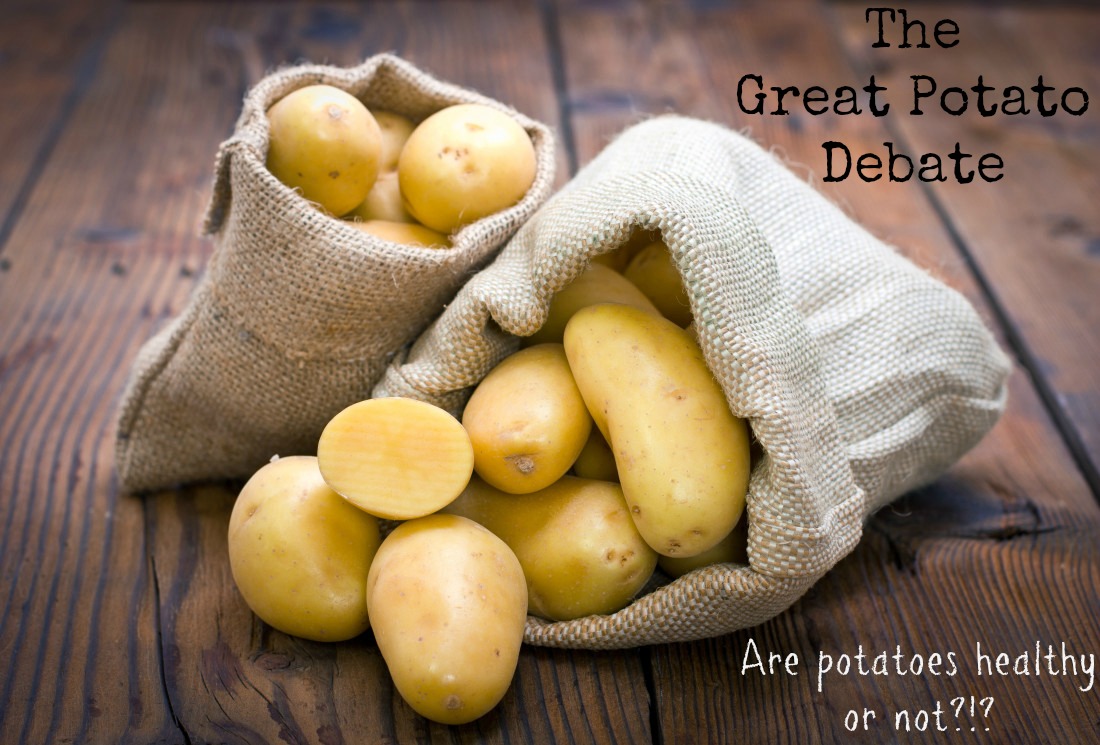
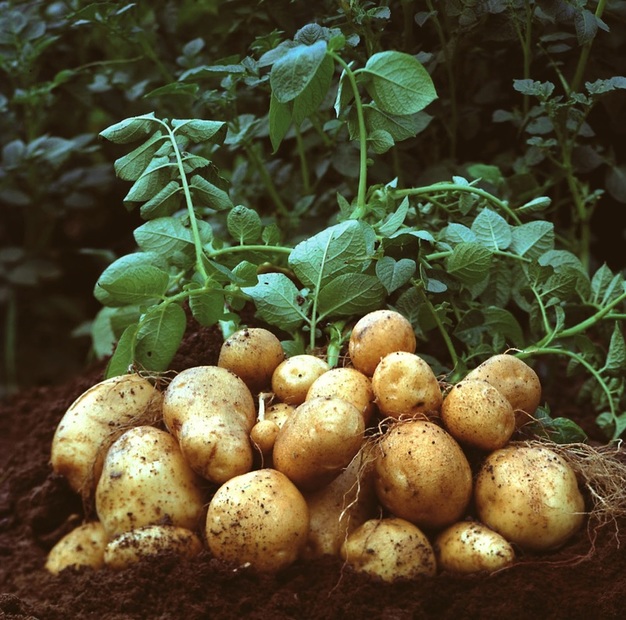
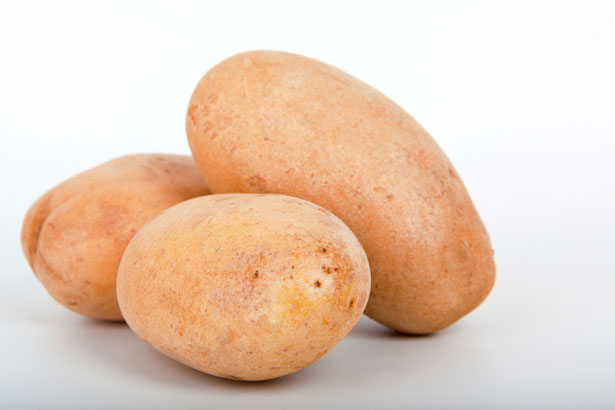
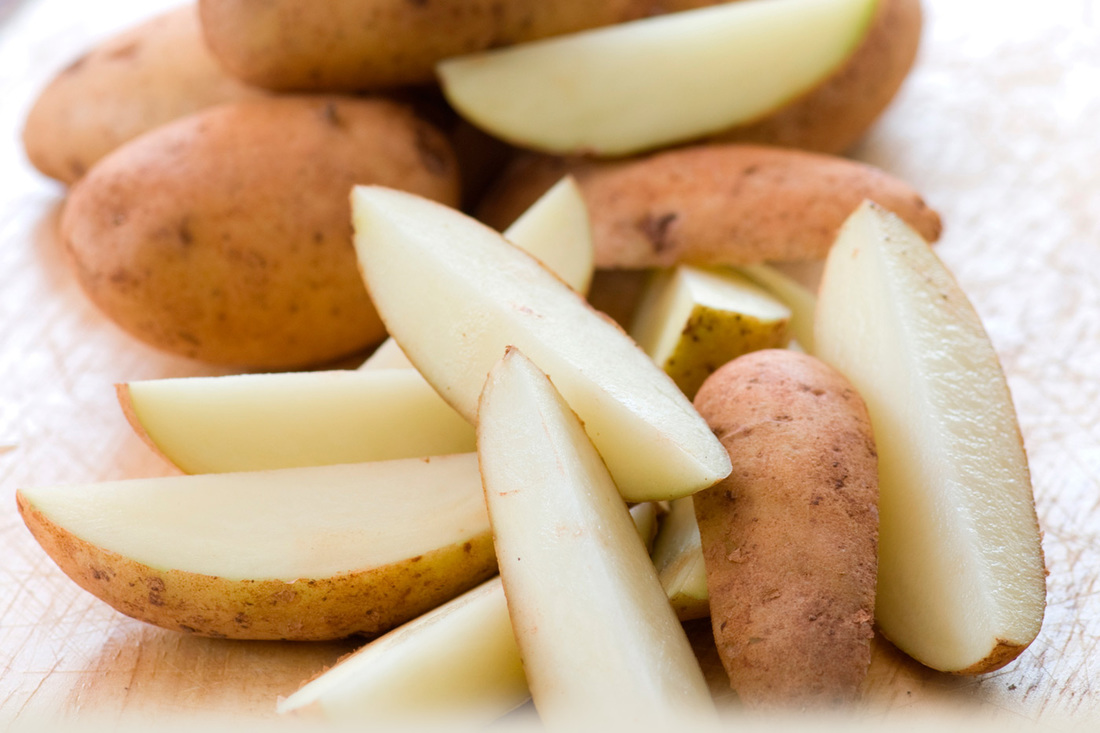
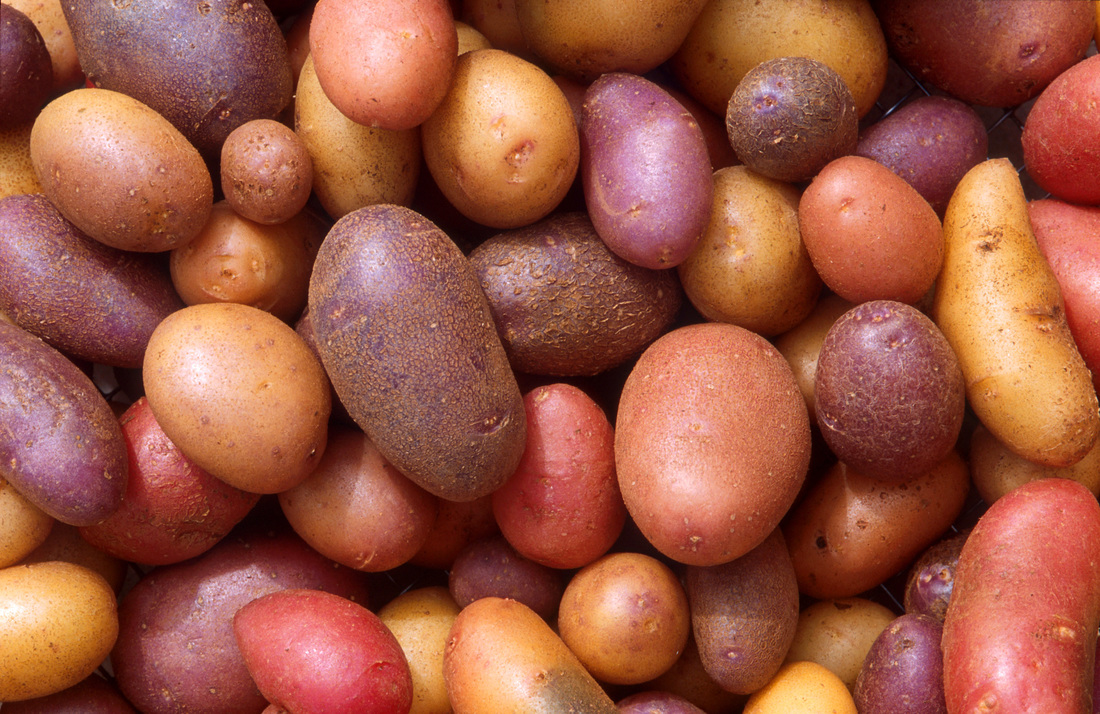
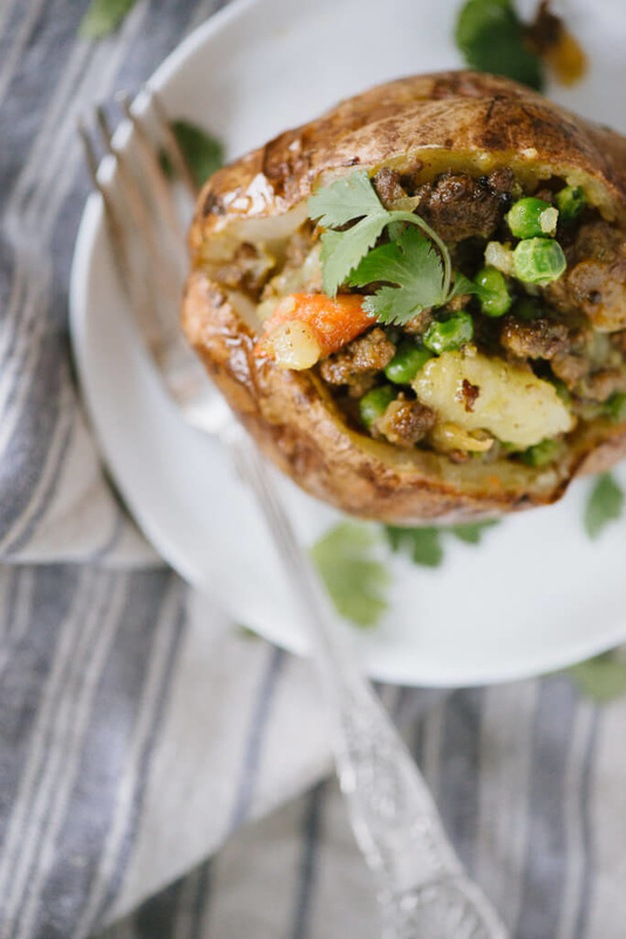


 RSS Feed
RSS Feed